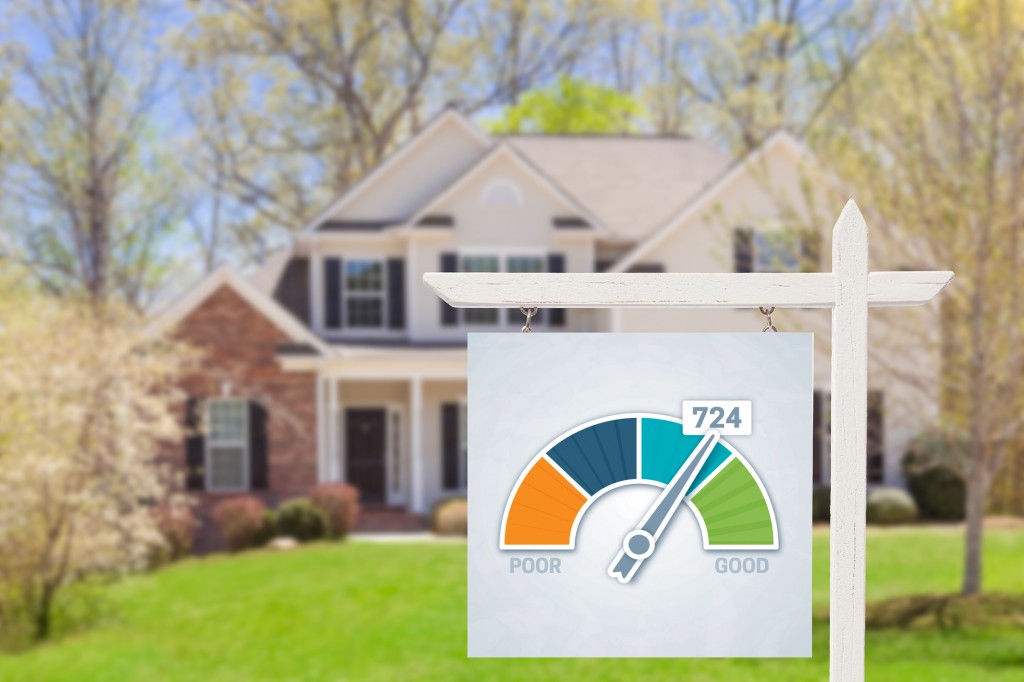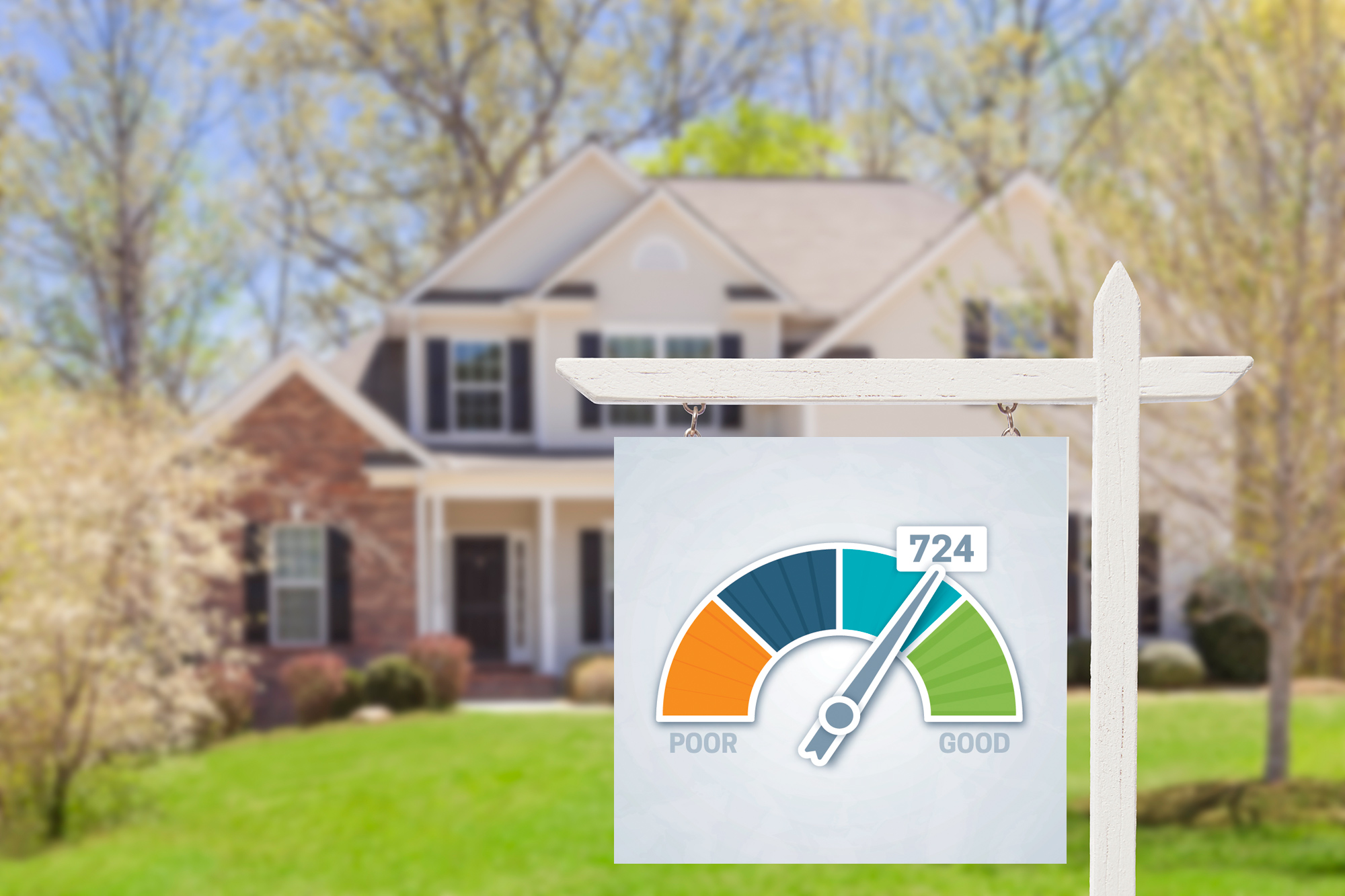
If you have never owned a home before or it’s been a few years since you have, you’re missing out on some potential credit advantages. A mortgage loan is the largest debt most people carry in their life, and it can have a big impact on your credit score—for better or worse.
It’s difficult to estimate just how much buying a home will affect your score, because it varies by individual situation. At first, some consumers report seeing a small, temporary drop in their credit score due to the hard inquiry a mortgage requires. But, of course, over time as you make your mortgage payments on time and pay down the loan, a mortgage can have a positive impact on your credit.
On the downside, defaulting on a mortgage, going through a foreclosure or short sale, or having a deed in lieu of foreclosure can really tank your credit score. If any one of the scenarios has happened to you, the best thing you can do going forward—beyond keeping your balances low in relationship to credit limits and paying your bills on time without any missed payments—is to give it some time. Taking the time to build a record of regular on-time payments in a variety of loan types can do wonders for your credit. Generally, expect about three years out from the negative credit event to be mortgage-eligible again, which can give you plenty of time to rebuild blemished credit.
Showing you can handle the cost of housing
Taking on a mortgage payment for many consumers becomes a true test of what they can afford (this calculator can help you estimate how much house you can afford). This can vary, but lenders typically like to see a potential borrower have at least $15,000 for a down payment to buy a home (if not more), in addition to showing an ability to handle a mortgage payment for the long haul—which is supported by documenting your income and assets.
When you elect to upgrade from renting into homeownership, it is not just a mortgage loan that you are paying. Other home-carrying costs come into play, which affect affordability. First, you will be repaying the loan based on principal and interest, typically for 360 months on a 30-year fixed-rate mortgage, as well as the property taxes, usually based on 1.25% of the price you paid for the home. Additionally, to mitigate hazard liability, fire insurance is required. Lastly, if you are working with less than 20% down, mortgage insurance comes into play, insuring the lender against payment default.
Depending on your financial situation, the cost of housing would work in the following way: principal and interest, taxes and insurance, and in some cases mortgage insurance—known as PITI for short. Home affordability is a big separator between those who rent and those who ultimately can buy. If you have other debt, you need to document you can handle those payments with a mortgage payment, too.
Getting your credit mortgage-ready
Let’s say you can afford a mortgage payment and all your various housing costs, but your credit could use a boost (by the way, even with good credit, anyone could benefit from a potential credit boost brought by a home loan). Whether you see an immediate increase in your score, or see it over time as a result of making your payments on time, a home loan can make you a better credit risk. That can lead to the cost of funds for other forms of credit being lower. Down the road, having better credit can give you the opportunity to refinance and reduce your mortgage interest expense along with removing PMI or making the cost of PMI lower.
This is not to convey that if you rent for whatever reason you will not have a good credit score. In fact, rent is increasingly being considered by credit bureaus for inclusion in your credit report, thus impacting your scores. Rather, the point is that if you own a home, and consistently make a mortgage payment on time, you can reap the credit benefits that stand to remain throughout the duration of your mortgage term.
—
This article was found on Realtor.com written by Scott Sheldon and originally published on Credit.com.
photo: Feverpitched/iStock
credit score graphic: Brandon Laufenberg/iStock



